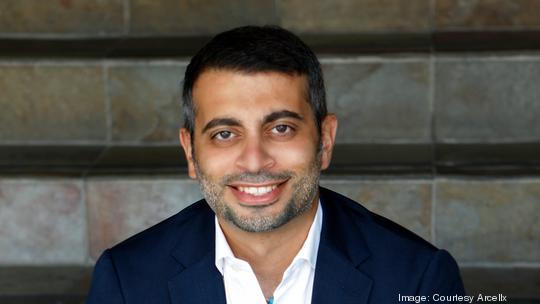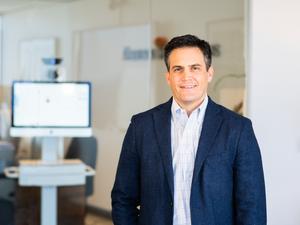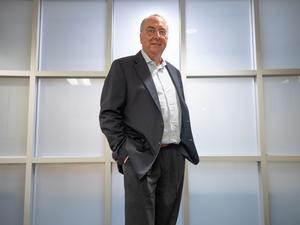
Arcellx Inc.’s stock has held firmly above its initial public offering price since the Gaithersburg biopharma made its public debut Friday.
The clinical-stage company, which makes cell therapies for cancer and autoimmune diseases, hit the Nasdaq before the weekend with a share price of $19. The stock fell as low as $15.65 Monday and reached $18.11 Tuesday early afternoon, its highest since its public market debut.
It’s all greater than Arcellx’s (NASDAQ: ACLX) IPO price of $15 per share, at which the company offered 8.25 million shares of common stock and stood to raise about $123.8 million in gross proceeds. The company also granted the underwriters 30 days to buy up to 1.24 million additional shares of common stock at the IPO price, minus discounts and commissions.
Here are five things to know about the IPO:
- What it’s been up to: The offering, set to close Tuesday, comes less than a year after the company raised $115 million in Series C funding to support clinical trials of multiple therapeutic candidates it’s studying in multiple myeloma, which is cancer of the blood plasma cells, and acute myelogenous leukemia, which is cancer of the blood and bone marrow.
- Plans for the proceeds: Arcellx initiated the IPO with plans to use between $75 million and $85 million to advance one of its product candidates for relapsed/refractory multiple myeloma. That work involves a pivotal phase 2 trial — meaning positive results would position the company to seek market approval from regulators. Another $10 million to $20 million would support development of other product candidates, and any remaining funding would support research and development, manufacturing capacity, working capital and general corporate purposes, per the documents filed with the Securities and Exchange Commission.
- The revenue picture: Arcellx, still without a commercial product, has not yet generated revenue. The business reported $32.1 million in net losses for 2020, and $44.3 million for the first nine months of 2021 — and an accumulated deficit of $109.4 million, according to its prospectus filed with the SEC. The company closed September with $131.2 million in cash, cash equivalents and marketable securities, per the filings.
- The backdrop: The IPO landscape has generally seen underwhelming returns, following record-setting levels in 2021 deal volume and value. So while Arcellx's performance wasn’t anything extraordinary, it could simply be a product of the market picture as a whole.
- The CEO’s experience going public: Rami Elghandour assumed the top slot at Arcellx in January 2021, and it’s fair to say he has experience taking companies public. Before joining Arcellx, he was president and CEO of West Coast med-tech company Nevro Corp. (NYSE: NVRO) — which, under his leadership, went public, raised $700 million in funding and reached nearly $400 million in revenue.
When Arcellx appointed Elghandour to take the reins a year ago, David Hilbert, the company’s founder and former CEO, became chief technology officer. Early this year, Hilbert transitioned to serve as a consultant for Arcellx, he confirmed to the Washington Business Journal.
Hilbert led Arcellx through its $85 million Series B raise in October 2019 and a prior Series A round of an undisclosed amount. Prior to founding Arcellx, the former National Cancer Institute scientist worked at Human Genome Sciences Inc., a once-massive Rockville biotech that sold to GlaxoSmithKline PLC in 2012, as well as Gaithersburg antibody company Cellective Therapeutics, which sold to MedImmune, and D.C.-based Zyngenia.
Arcellx — a 2020 Fire Awards winner — focuses on CAR T-cell therapy, or immunotherapy that uses a special type of cell from the body’s immune system to fight cancer. The company uses its platform to put circulating T-cells under the control of proteins it can then program to recognize tumors and kill them faster.




